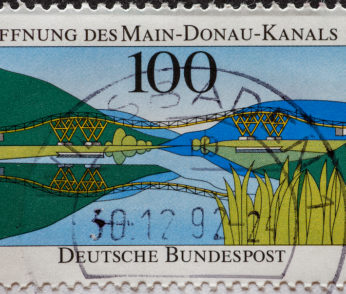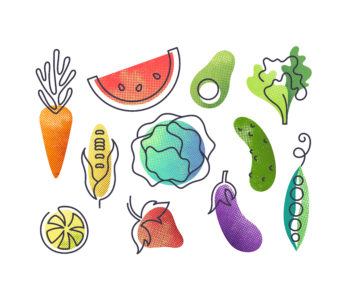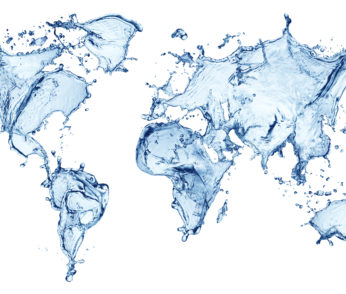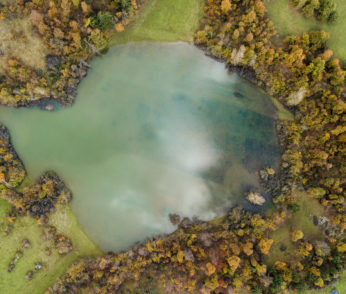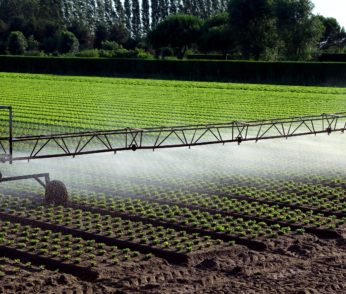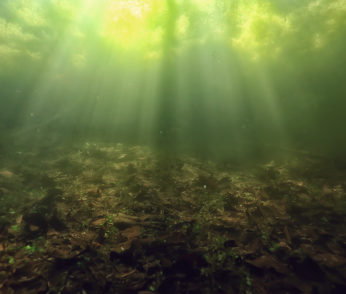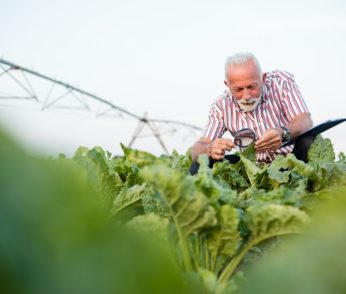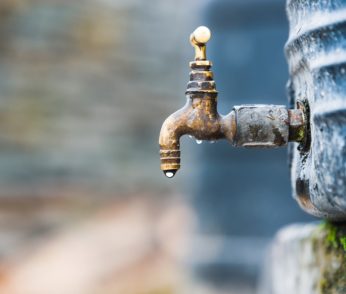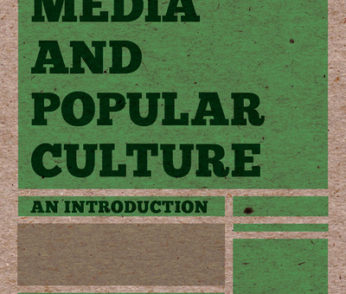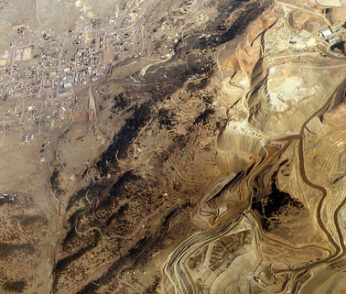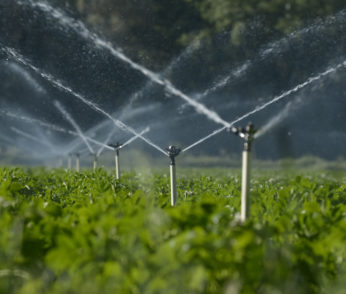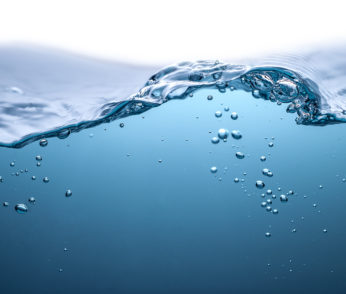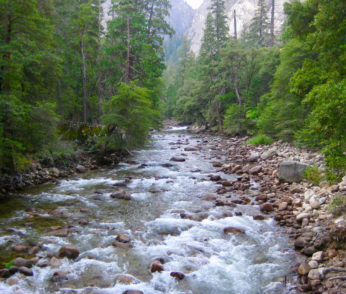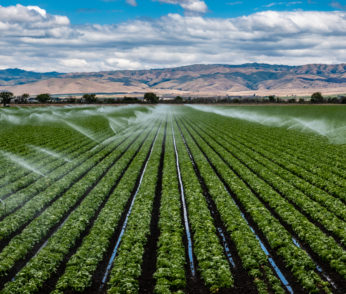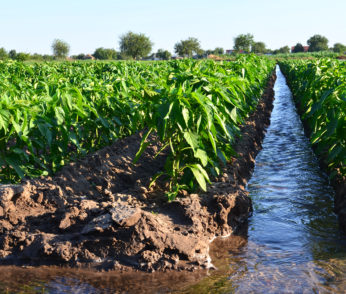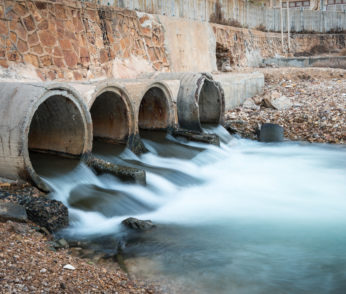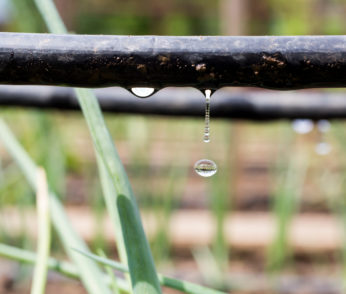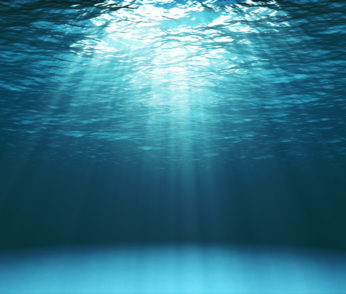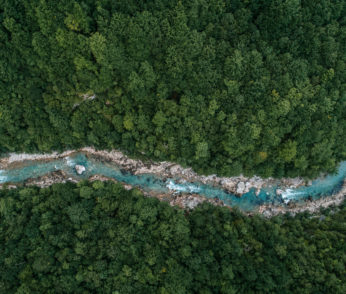Browsing Category
Environment, Food, Climate Change
1183
By Matthew D. Miller
Part of the “Communities and Identities” component of an undergraduate Core Curriculum program, “Core Danube” explores Europe’s second longest and most interesting river: from its beginnings in the German Black Forest to the Romanian and Ukrainian shores where it meets the Black Sea, the Danube flows through and/or borders ten countries, while its watershed covers four more.
By Lindsey Smith Taillie
We will examine the social, political, and ethical context of how individuals make decisions about what to eat; how this context shapes the implementation of food policy; and how these policies in turn shape individual behavior and health, by employing a comparative framework over three countries/regions (China, Latin America, and the US).
By Mike Fisher
Inadequate access to safe water, sanitation and hygiene (‘WaSH’) is a major cause of preventable morbidity and mortality, and accounts for a substantive portion of the global burden of disease.
By Ioana Uricaru
Food is essential for life and has always been used in art and literature to fulfill emotional, visual, intellectual, and narrative functions.
By Sandra Carletti
Food and life experiences are inextricably linked. In this course, we will examine the ways in which literature uses food to represent and understand the human experience We will focus on the various symbolic functions of food associated with the images of cooking, eating, drinking, and feasting presented in these literary works.
By Matt Reidenbach
The objective of this course is to introduce students to the principles governing the flow of water on and beneath the earth’s surface. This includes concepts of fluid dynamics applied to open channel flow, ground water flow, and dynamics.
By Erica Morrell
In this course, we will learn about and apply core sociological perspectives to analyze dynamics of local, regional, national, and global agri-food systems development over the past several decades.
By Mike Pace
This is part of our Campus Spotlight on the Global Water Initiative at the University of Virginia.
By Erica Morrell
What is knowledge? In this course, we will explore the rise of the authority of science across much of the globe. We will regard potential problems with and challenges to science’s dominant position, and we will analyze whether and how other forms of knowledge may shape contemporary social, cultural, and political life. Practical cases to illustrate these dynamics will draw from the food system, and we will conduct significant engagement with our local community’s emergency food system to translate theoretical concepts around knowledge into practice.
By Molly Lipscomb
In this class we will discuss why sustainability is a problem, and how to measure and evaluate the trade-offs related to different environmental policy choices. We will discuss benefits and drawbacks of various traditional policy solutions such as command and control, permitting, and taxation, and we will discuss new policy tools that are gaining in use: integrated platforms, auctions, tradeable quotas.
By John Parham
This module looks at the media’s role in raising environmental awareness. It will also ask you to think about how far popular culture can encourage us towards applying ecological values in our everyday lives.
By Fredrik Albritton Jonsson, Benjamin Morgan, and Emily Lynn Osborn
View these course syllabi for Climate Change: Disciplinary Challenges to the Humanities & the Social Sciences at The University of Chicago.
By Paolo D’Odorico
Since the 1960’ the human population has been increasing by one billion every 12-14 years and is projected to reach 9.5 billion by 2050. More people will require more food and water while the increasing affluence in emergent economies will further enhance human appropriation of natural resources.
By Peter Debaere
Soaring food prices and the recent droughts in Australia, India and the United States underscore that freshwater scarcity is a major challenge in the 21st century. Almost one-fifth of the world’s population currently suffers the consequences of water scarcity, and this number is about to increase.
By Paolo D’Odorico
This course introduces the fundamental physical principles that are necessary to understand the interactions of hydrological processes with forest ecosystems. The course focuses on hydrologic processes characteristic of forested watersheds, including the impact of forests on evapotranspiration rates, soil infiltration, soil water redistribution, shallow water table variability, runoff generation, streamflow dynamics, and soil stability and erosion.
By Jim Smith
Potable water is essential for human life. Throughout most of the industrialized world, advanced water treatment systems incorporate fundamental physical, chemical, and biological principles into engineering designs to produce high-quality water at relatively low cost to consumers.
By Brian Richter
In this course we will explore the dimensions of what “sustainability” and “sustainable development” mean in the context of water use and management. We will examine the different ways in which water is used, valued, and governed, examining sustainability through different lenses and perspectives.
By Teresa Culver
Emphasizes the management of stormwater quantity and quality, especially in urban areas. Course includes impacts of stormwater on infrastructure and ecosystems, hydrologic and contaminant transport principles, stormwater regulation, structural and non-structural stormwater management approaches, and modeling tools for stormwater analysis and management.
By Teresa Culver
The emphasis in the course is on the behavior of water, including closed conduit flows and open channel flows. It is hoped each student will gain proficiency with equations of energy, momentum and force as applied to fluids.
By Matt Reidenbach
Studies the physical properties, processes, and structure of the oceans; mass and energy budgets; methods of measurements; and the nature and theory of ocean currents, waves, and tides in the open sea, near shore and in estuaries.
By Christian McMillen
This is part of our Campus Spotlight on the Global Water Initiative at the University of Virginia.
By Christian McMillen
This is part of our Campus Spotlight on the Global Water Initiative at the University of Virginia.

